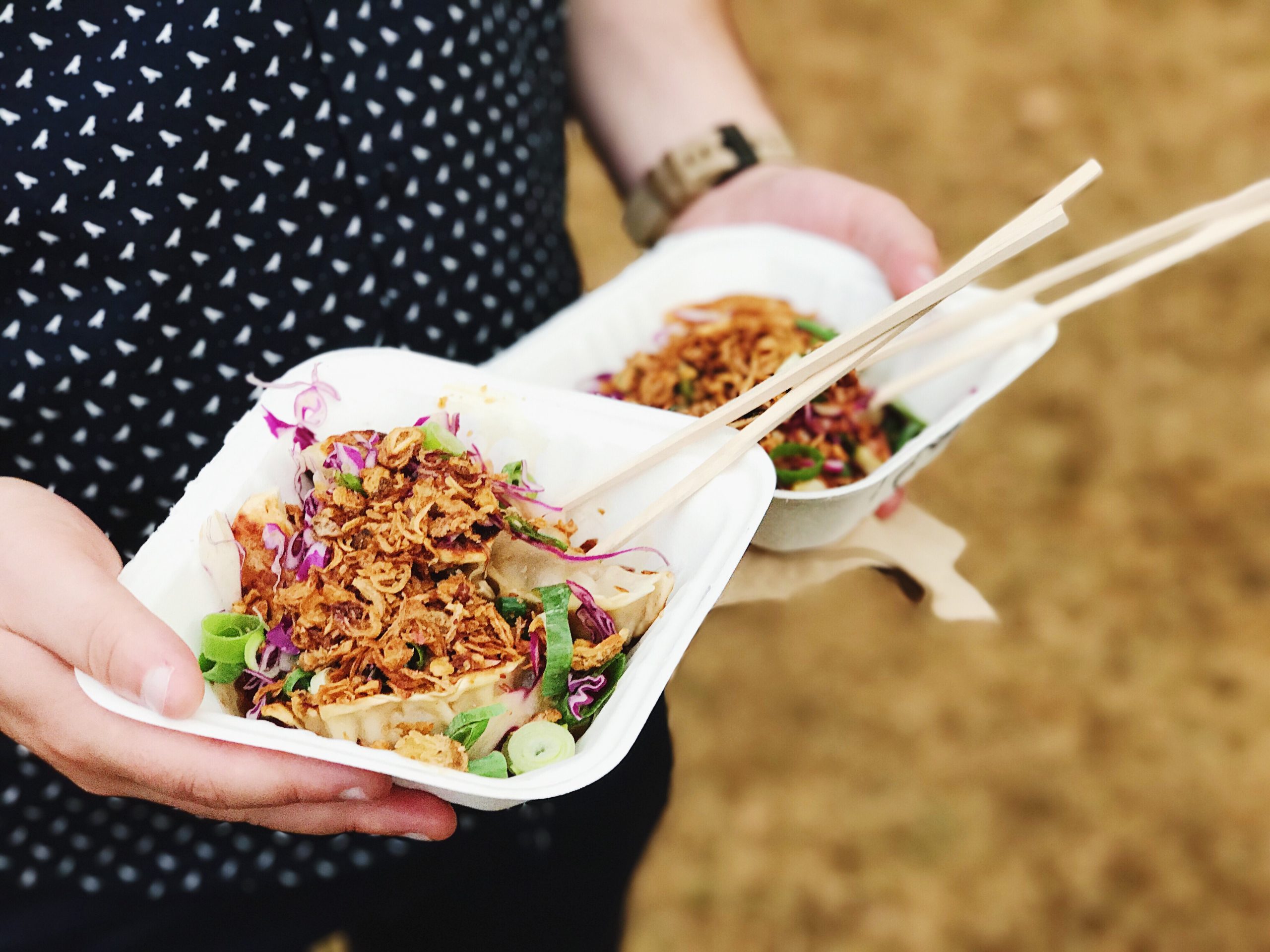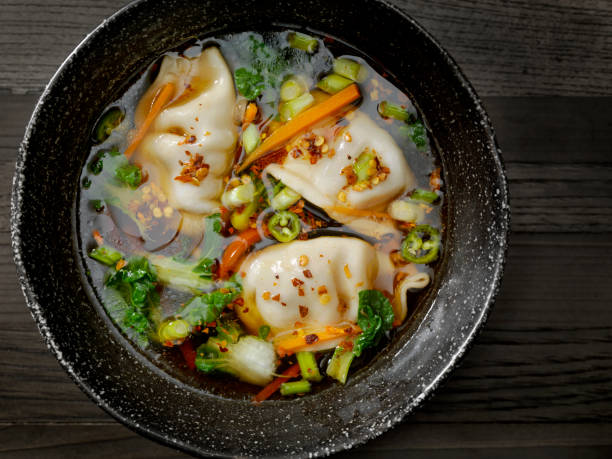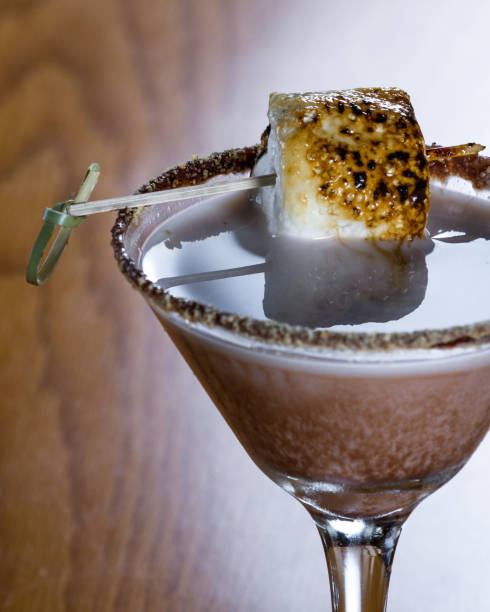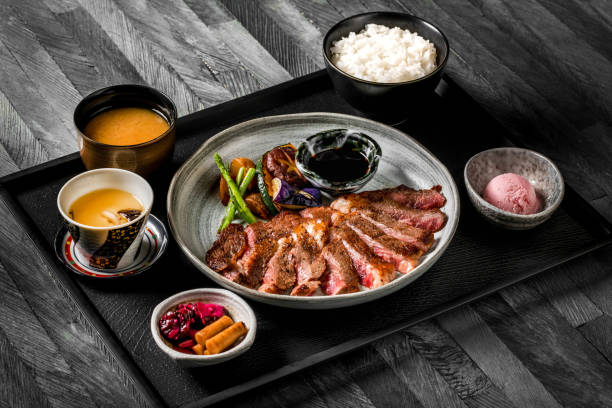I love good food and drink festivals. I’m not the only one who loves them! Did you know that 46 percent of Australians consider themselves foodies? It’s not surprising that the event community has responded well to our desire for food-fuelled events. Eventbrite has seen an increase of 47% in food and beverage events in recent years, and it shows no signs of slowing.
Eventbrite has provided me with the opportunity to work with many amazing food and drink festivals. I have witnessed these events grow as local food culture continues to flourish. These are five things that I have learned about food and drink festivals in Australia, whether you are an existing organizer or looking to start one.
1. Social media and PR go hand in hand: There is a huge appetite for food events. But how can you reach the right audience? Promoting food events requires a cohesive PR strategy and social media strategy. You can share mouth-watering photos of food on social media, but it is not enough. You need to drive traffic to your ticketing page/website and convert to sales or registrations. You should be focusing your PR strategy on a few well-established food media outlets (think Time Out and The Urban List, Broadsheet, Good Food), as well as providing high-quality photos for their social media accounts.
These publications and websites may not be the only ones that are available. You could also contact social media-only accounts to discuss featuring your event. @melbournepopups, for example, has more than 70k followers. It regularly features local events and food & beverage pop-ups. Look at the hashtags used by these accounts to help you find accounts that can support your message. These hashtags can be used to promote your city (e.g. #melbournefood and @sydneyeats are great ways to be noticed by local foodies.
2. The makers are a favorite of people: When people visit your food vendors, the last thing they want to hear is “we should’ve just gone to that restaurant”. People are looking for an intimate and unique experience at events. These kinds of memorable experiences can be created by giving guests the chance to learn from experts and make them share the experience with others.
Encourage winemakers/brewers and owners to host demonstrations at their stalls. Workshops and classes are great upsells for food & beverage festivals because everyone, from beginners to experts, is interested in learning how other people prepare their dishes. This was evident at the Melbourne Tomato Festival when Guy Grossi, a chef, hosted a live cooking demonstration to an audience of Italian food enthusiasts. It was a unique experience that you would not find in his restaurant or at a typical cooking class.
3. Trends sell tickets: Food trends are hotter than ever, and food festivals sell tickets. Look at 2016,’s croissant and doughnut obsession. Events such as Flour Market have seen long lines for the pastry craze. People are racing to get in as soon as possible. The Flour Market has also spawned dedicated events like the Donut & Beer Festival, which is getting lots of attention in the media for its ability to provide both on-trend food as well as drink. These hot trends can be capitalized by finding vendors who sell these items, and most likely they have a huge following on social media.
4. Curation is key: It’s great to have hot vendors and new food and drink options, but it’s important to plan your festival carefully and ensure that all your exhibitors and vendors make sense. For example, if you host a cheese or wine festival, don’t fill it with doughnut stalls. You shouldn’t accept every applicant just to fill the space. You shouldn’t fill vacant spaces with common market stalls like candles or jewellery for a cheese fest. It will make your event feel awkward and unnatural. If you are looking for additional stalls, look out for quality vendors in the wine and cheese industry such as cheese boards or knife suppliers.
5. Your marketing should be targeted: It’s easy to assume that everyone loves food and you should advertise it to everyone when hosting a food festival. Targeted marketing to a specific audience will drive more conversions and result in a greater return on your investment. If you host an all-ages picnic themed food festival, targeting older Millennials with children might result in higher conversions. You can use this information to help you create entertainment and value propositions that appeal to your target audience.




